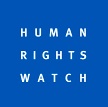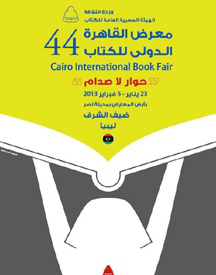Tripoli, 22 January:
A draft ‘political isolation law’ shortly . . .[restrict]to be considered by the General National Congress must ensure that it respects human rights and serves the new Libya’s need for justice, Human Right Watch (HRW) said today.
The international NGO has urged the GNC to consider the full implications of the draft law, due to be presented on 23 January. This proposes excluding Qaddafi-era officials from holding senior posts in the country.
“After decades of dictatorship and corruption, Libyans understandably want to ensure that their new leaders do not include people who were involved in past abuse,” said Fred Abrahams, special adviser at HRW. “But bans on public office and senior positions should be based on provable misdeeds, and not a general association with the former regime.”
The draft law is understood to be a response to mounting public pressure for parliament to exclude officials from the old regime.
“Any new law should define explicitly which positions under Qaddafi and which past acts warrant exclusion from public office, and for how long,” HRW said. “Vague terminology, if used, will open the door to using the law for partisan political purposes.”
The process should show respect for individual rights, enshrined in both international and Libyan law, HRW said. It pointed out that Article 6 of Libya’s Constituent Covenant gives all Libyans “equal civil and political rights” without distinction on grounds of “religion, belief, language, wealth, sex, kinship, political opinions or social status; or on tribal, regional or personal association.”
HRW voiced concern that if the proposed political isolation law fails to meet these standards, it would violate Libya’s constitutional law.
“Libyan legislators have an important opportunity to ensure that any exclusions are on a case by case basis, using explicit criteria and through a fair process,” Abrahams said. “The victims of past abuses should be honoured with new laws that fully adhere to human rights.”
HRW also criticised the Integrity Commission for working within “vague and overly-broad criteria.” Since it was established in April 2012, the Commission has barred dozens of people from high-ranking posts. HRW said the GNC should “review and amend” the Integrity Committee’s regulations “with narrower and more precise criteria on which to base prohibitions.”
It pointed out that under international law everyone should have “the right to hold political office without discrimination based on political associations.” HRW said: “As a state party to the International Covenant on Civil and Political Rights (ICCPR), Libya is required to allow its citizens equal opportunity to participate in political life, without discrimination or “unreasonable restrictions.”
It added that the African Charter on Human and Peoples’ Rights, ratified by Libya,”requires states to ensure that every citizen has the right to participate freely in the government of their country.” [/restrict]











